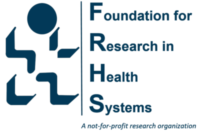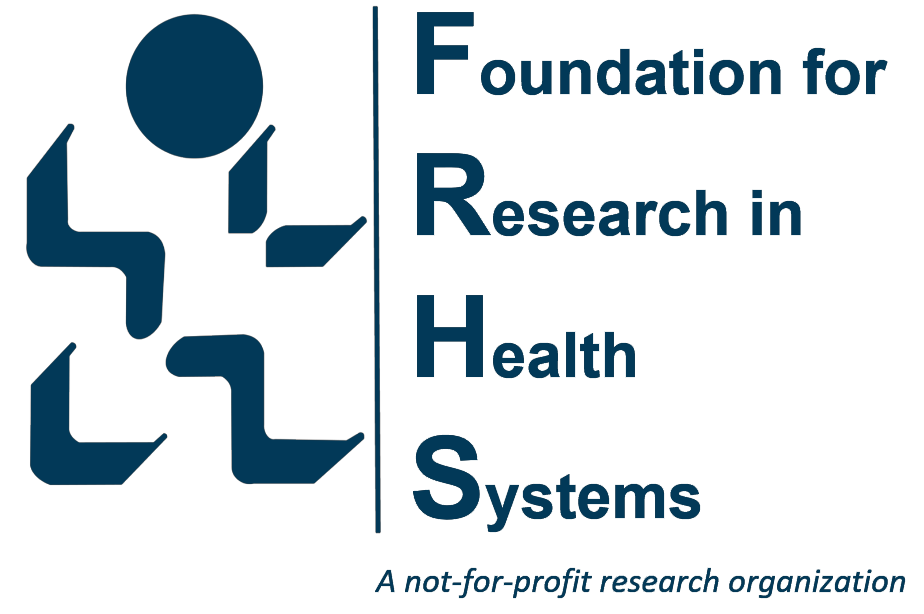Publications
FRHS has been publishing reports, preparing monographs since 1991. Some of our work has been listed below as published papers.

Decentralized health planning: lessons from two districts in India.
Abstract
Drawing experiences from two case studies at two districts in India, this paper highlights several lessons for effective implementation of a district health planning policy. District plans for both groups are discussed. Though these district plans both aimed to improve maternal health care, they were different in various aspects: in their content, in the roles played by the state, how they utilized data, and the attention given to their implementation. Most items in the District A plan did not directly relate to the concern chosen for planning; decentralized planning allowed functionaries at each level to decide their own plans; used data to assess the performance on “Health for All” goals of the district, but not to identify reasons for low performance; and gave minimal attention to the implementation. On the other hand, the District B plan was more focused in its attempt to improve service delivery. The state took an active role in developing a district planning policy and used modular approach to planning and utilized data to determine factors associated with access and quality of services. District officers were directly involved in removing all implementation obstacles, gave large attention on solving implementation problems while encouraging nongovernmental organizations to play a supportive role. The contrasting experiences of these two plans indicate that the success of decentralized planning relies on the degree of administrative and implementation support provided by the state, nongovernmental organizations, the community, and stakeholders. Conclusions and policy recommendations were given.
Non-medical Determinants of Maternal Death in India
Abstract
A study was carried out to explore non-medical factors responsible for the persistently high maternal mortality in India showed that most deaths occurred at home and during the postnatal period. Most ‘death cases’ belonged to high-risk age groups, had high parity (3+), were socially disadvantaged, had not received prenatal care and advice to go to hospital as compared to women with complications. Consequently, they either had not gone to hospital or had gone too late. Delay in care was also because of lack of transport facilities, inappropriate referrals or poor emergency preparedness of referral facilities. Data suggested that about balf the deaths could have been avoided if the health system had been alert and accessible. The critical determinants of avoidable death were families’ awareness about complications, emergency transport and preparedness of referral facilities. The study highlighted the need for health workers to stress on health education, care during the third trimester and postnatal period, and referral to appropriate and accessible facilities, even bypassing the hierarchical referral system if necessary.
Community Involvement in Reproductive Health: findings from a Research Project in Karnataka.
Executive Summary
In July 2000, the Foundation for Research in Health Systems (FRHS) pilot tested a village health committee model in Hunsur block of Mysore district in Karnataka in collaboration with the state health department. Its impact was assessed in terms of community’s involvement in planning of reproductive health services and their utilization in the community. In this model, community selected committee members based on who had the time and interest in serving the community, as opposed to the earlier committees where ex-officio members were nominated to the committee. Adequate representation was ensured for women and disadvantaged population groups. Committees’ role was to create awareness of health services; participate in community’s health needs assessment, plan village level health activities and foster trust and cooperation between community and health staff. 64 health committees were formed, nurtured andevaluated in this pilot.
Community facilitators helped form these committees; provided them orientation and helped them undertake health activities in villages. The project provided one time grant of INR 2000 per committee to help initiate activities and conducted bi-annual meetings of all committee representatives where they shared ideas and experiences. In one year, 57 out of 64 committees (89%) organized 172 health activities of different types. Activities ranged from awareness creation to diagnostic cum service camps. Attendance ranged from
50 to 350 people per activity. End evaluation showed improvement in nine out of ten health outcome indicators over 18 month period. Three-fourths of the committees enjoyed good relationship and active participation of health staff in their activities. Committees mobilized local resources and networked with local NGO for implementing health activities in the community. Half the committees remained active much beyond the project period.
Quality of Abortion Care: Perspectives of Clients and Providers in Jharkhand.
This paper explores the quality of care received by women seeking abortion services in Jharkhand, a state in which access is limited and evidence about abortion-related care sparse. It explores clients’ perspectives of the quality of services as well as their experiences of seeking abortion care. It also discusses perceptions of abortion providers on the quality of care.
Care and Support of Unmarried Adolescent Girls in Rajasthan.
Adolescent girls have considerable unmet needs in health, reproductive health, and nutrition. A survey in Rajasthan sought to ascertain the extent to which unmarried adolescent girls receive care and support from their parents. Study findings suggest that a majority of them received a high or medium level of care. There was no clear pattern by socio-economic status. In a context where gender discrimination is rife, some families, regardless of their economic circumstances, do seem to provide nutrition, health, and psychosocial care for their adolescent daughters.
Delaying the First Pregnancy: A Survey in Maharashtra, Rajasthan and Bangladesh.
Executive Summary
Childbearing in adolescence, a common practice in south Asia, can adversely affect the health of both mother and child. This qualitative study was conducted in three sites in India and Bangladesh where low birth weight is prevalent to explore the ability of newly-weds to negotiate the timing of their first pregnancy. The pattern in each site generally reflected prevailing social views on contraception, childbearing and couple communication. Authors: Alka Barua, Kavita Sethuraman, Lokesh Gujjarappa, Nandita Kapadia-Kundu, Others, Ruchira Naved
Lali L.B
Administrative Officer
admin@frhsindia.org
Dr.Paridhi Jha
Director Research and Training
paridhijha@frhsindia.org
Gaurav Sharma
Sr. Technical Officer – IT
gsharma@frhsindia.org

